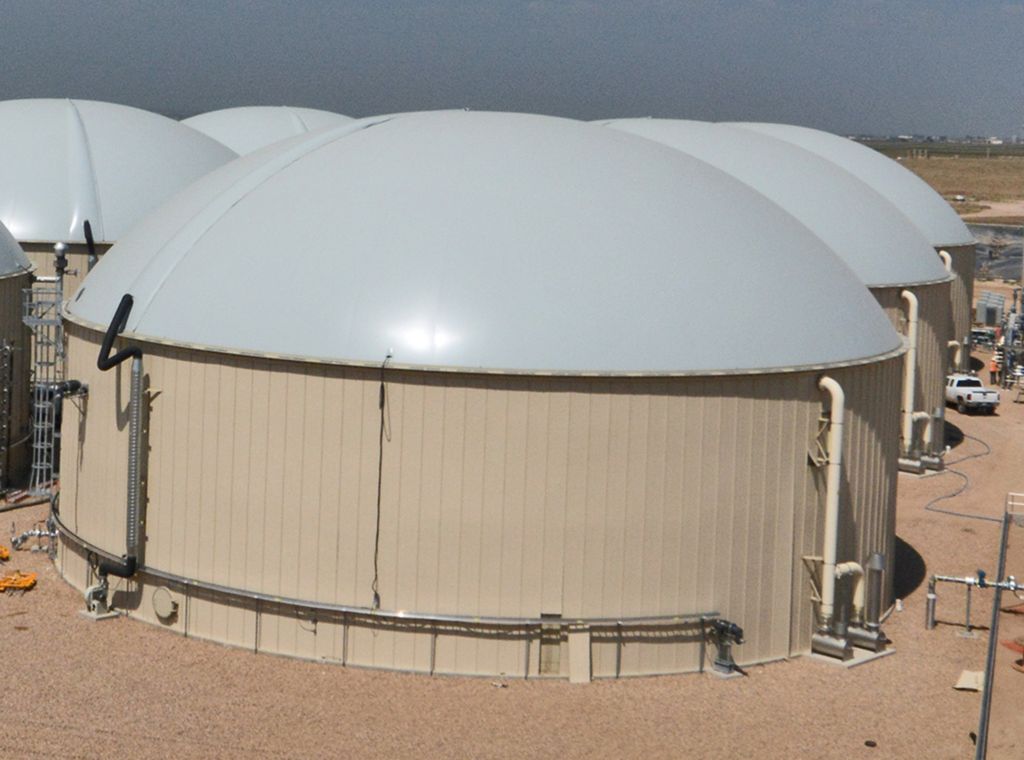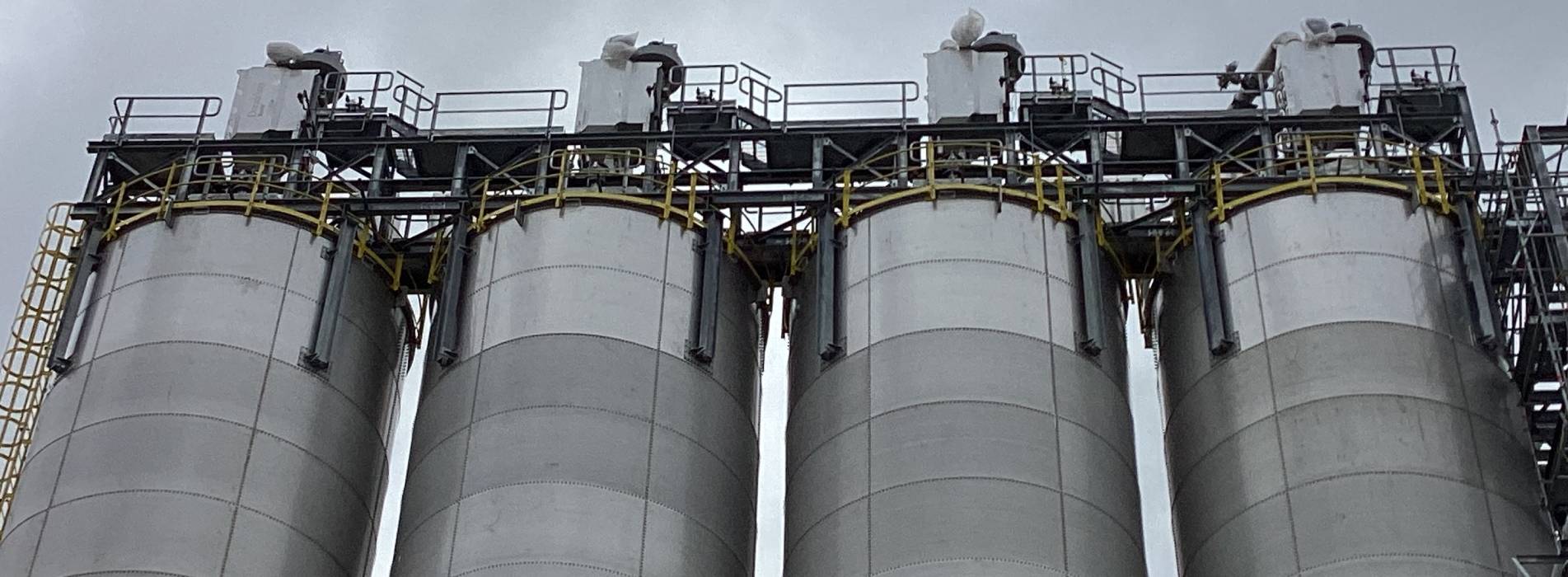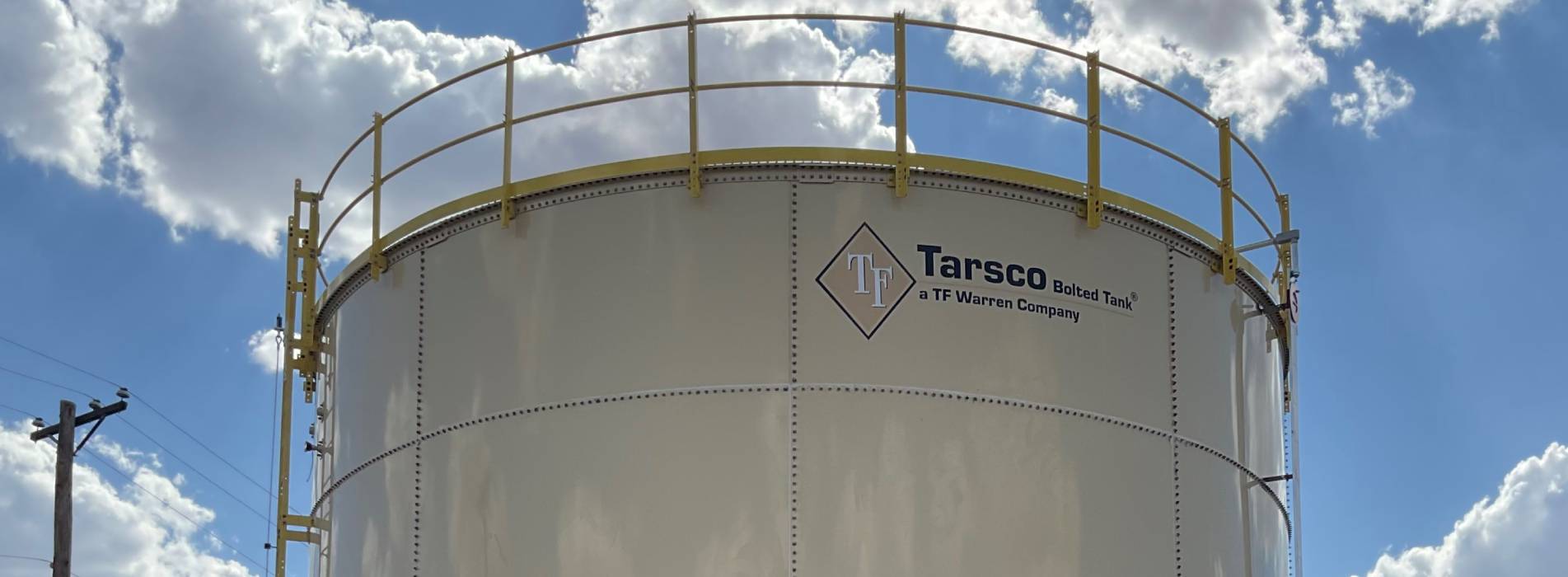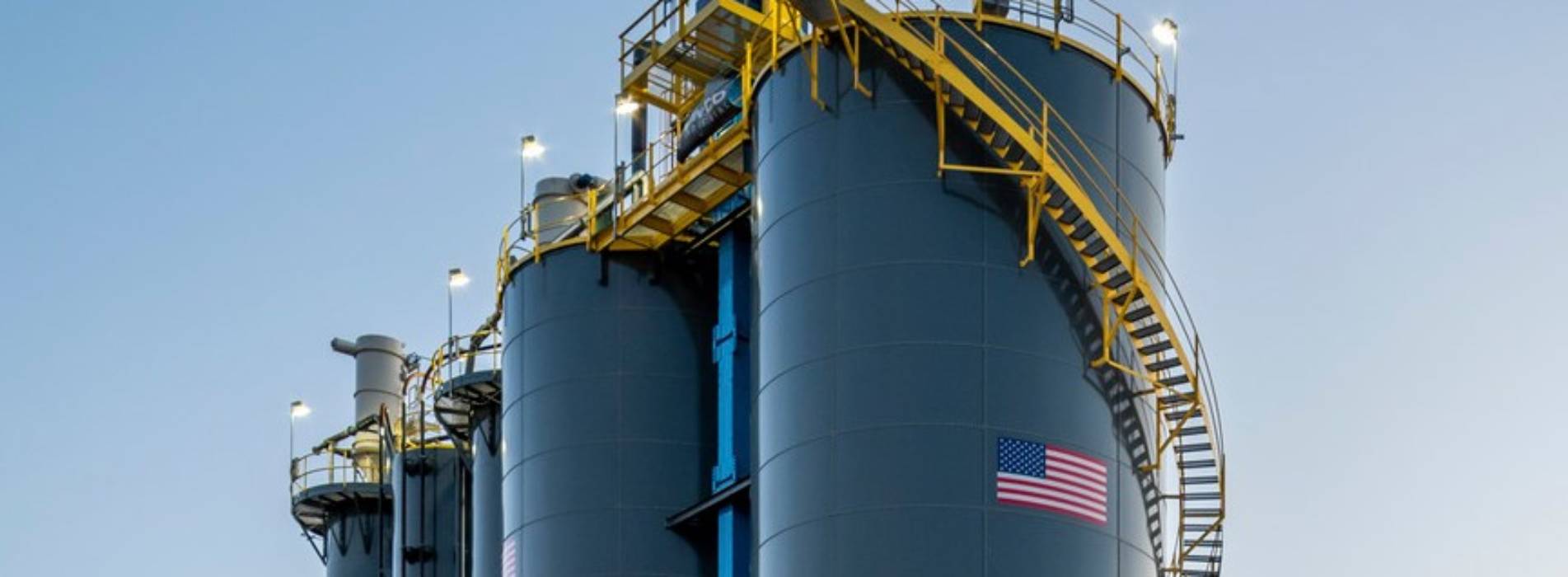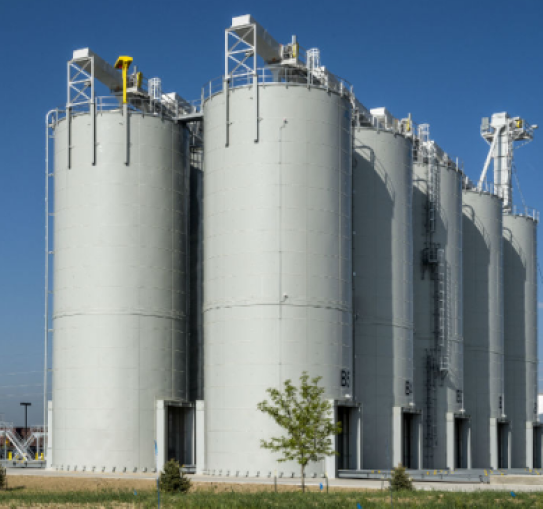Bio-energy is developed from energy contained in living or recently living biological organisms, which excludes fossil fuels specifically. Plants get bio-energy through photosynthesis, and animals get it by consuming plants. Organic material containing bio-energy is known as biomass. Humans can use this biomass in many different ways, through something as simple as burning wood for heat, or as complex as genetically modifying bacteria to create cellulosic ethanol. Since almost all bio-energy can be traced back to energy from sunlight, bio-energy has the major advantage of being a renewable energy source.
Bio-energy are Gases, Liquids and Solids and include the following labels:
- Gases: Biopropane | Biogas | Synthetic natural gas | Syngas
- Liquids: Biodiesel | Biobutanol | Biogasoline | Biokerosene | Biomass-to-Liquids (BTL) Dimethyl ether (DME) ETBE | Ethanol | Methanol | Pure plant oil (PPO) | Pyrolysis oil | Synthetic Natural Gas and
- Solids: Biomass pellets | Char/Charcoal | Wood
Some popular types of Bio-energy are categorized as Bio-fuels, Bio-mass and Bio-gas:
- Bio-fuels, such as ethanol made from corn and biodiesel made from palm oil are a growing energy source.
- Bio-mass, such as wood and other solid bio-fuels, has been burned since ancient times for cooking and heating and recently to generate electricity.
- Bio-gas, with the use of waste products such as sewage or manure.
Governments and Corporations see great potential in bio-fuels for meeting energy needs, helping the climate and boosting rural incomes, while some have called for an end to bio-fuel use due to environmental and social concerns. However, it is important that bio-energy be harnessed in a sustainable fashion.
A specific plant or substance used for bio-energy is called a feedstock. A feedstock is usually converted into a more easily usable form, usually a liquid fuel. Liquid bio-fuels can be used to replace or supplement traditional petroleum-based transportation fuels and can be used in existing vehicles with little or no modification to engines and fueling systems. They can also be used for heating and electricity production. Large quantities of liquid bio-fuels are presently used in many countries, and the potential exists to greatly expand their use in the future. The two most common kinds of liquid bio-fuels are ethanol and biodiesel, but a range of other liquid fuels exist or are being developed.
Bio-ethanol is currently produced in large quantities by fermenting the sugar or starch portions of agricultural raw materials. Because ethanol from sugar and starch directly competes with food production, people are working to commercialize technologies to produce ethanol from cellulose, which makes up the bulk of all plants and trees and is inedible. Cellulosic ethanol is often referred to as a second-generation bio-fuel.
Bio-diesel is typically composed of methyl (or ethyl) esters of long chain fatty acids derived from plant oils, by chemically upgrading oils obtained from the pressing of oil plants, both edible like rapeseed, soybean and the fruits of oil palms and non-edible, like jatropha and karanj. Waste cooking oil can also be converted to biodiesel.
Tarsco Bolted Tank provides many dry and liquid tank products for chemical storage addressing the necessary factors for a stored chemical product: operating temperature, operating pressure/vacuum, corrosion issues, purity, operating environment, construction materials, codes, thermal expansion, chemical resistance and appropriate design standards.
Tarsco Bolted Tank Chemical Storage Tanks feature:
- Custom Slope Hoppers available for the desired discharge pattern in “dry” chemical storage hopper tanks.
- Flat bottom and slope bottom designs for liquid chemical applications
- For dry chemical storage, funnel flow and mass flow designs are available.
- Construction Materials for liquid chemical storage include: 304 stainless, 316 stainless, 316L stainless, coated carbon steel, ECTFE, FEP/PFA, FRP (Polyester, Vinylester, Furan Composites), Hi-Alloys, MFA, PVDF, Polypropylene, PVC, CPVC, Polyethylene, TFM
See more at Tarsco Bolted Tank for specifications and specification capabilities, design and installation of Bio-Chemical Tanks.
